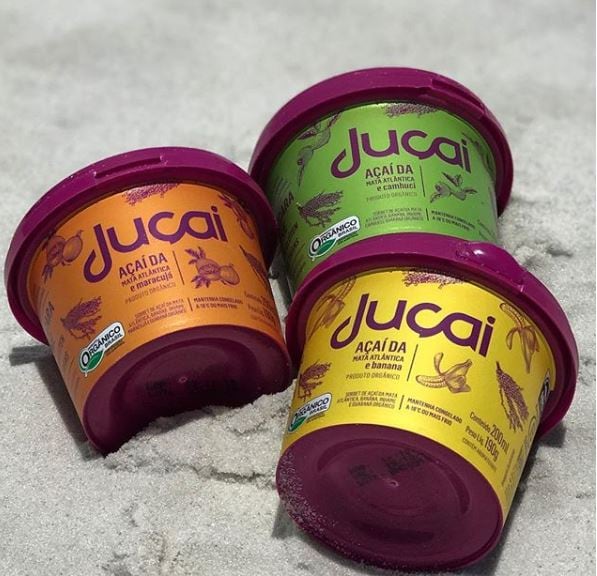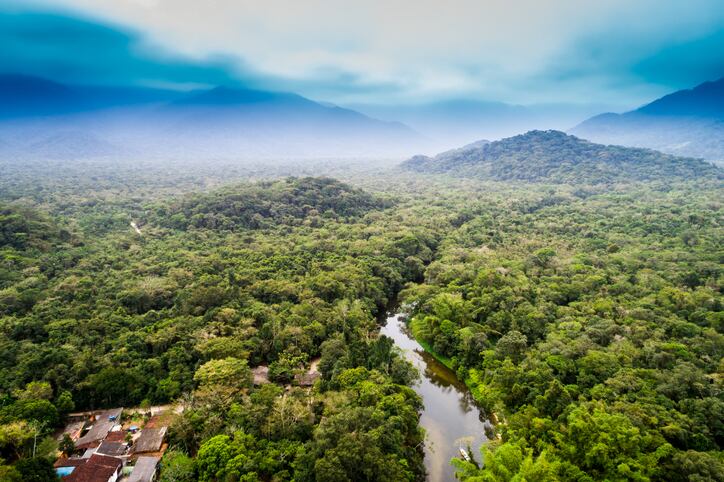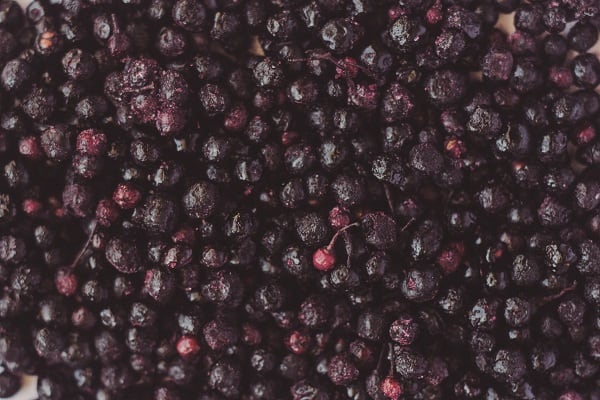Setting up a business selling the fruit of an endangered palm – the juçara - may not sound like the best idea but according to George Braile, founder of Juçaí, this is the best way to ensure the palm tree's survival.
Native to Brazil’s Atlantic rainforest, the juçara palm (Euterpe edulis Mart.) has long been prized for its fibrous, white palm heart, considered a delicacy. Unlike other palm species that regrow when their hearts are harvested, however, the juçara palm dies and after years of unregulated harvesting, it is now on the endangered list.
“When it became an endangered species, the fight started but it was very hard to enforce a ban because people just went deeper into the forest," Braile told FoodNavigator-LATAM. “My idea was to simulate those people to collect the fruit and pay them more for fruit than they would get for the palm heart.”
Braile began teaching people living in and around the rainforest to harvest juçara berries in 2008. Six years later, the first Juçaí sorbet was launched, and the company says it now has steady supplies of juçara, and produces around eight tons of product each month.
Sustainable sorbets
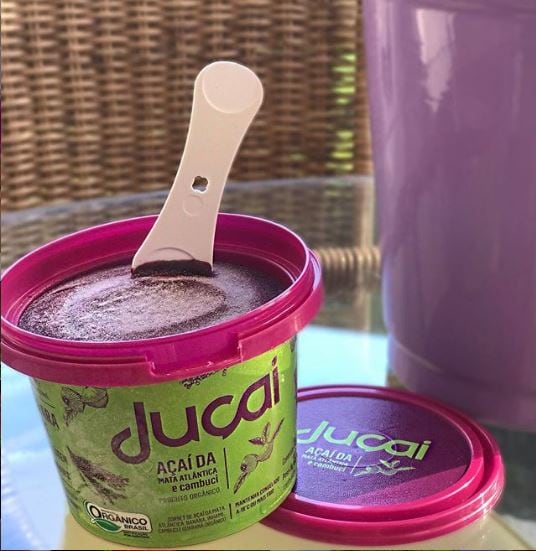
The juçara palm is a different species to the açaí palm (Euterpe precatoria) although they look similar, which causes confusion.
According to the company, Juçara berries contain four times as many antioxidants as açaí and more potassium and iron.
Juçara have a deep burgundy color thanks to the high levels of anthocyanin, Braile said, and the taste is similar to açaí but with a fruitier flavor. (Braile describes açaí as having a slightly earthy taste.)
Juçaí's sorbet range contains three flavors.
In addition to juçara berries (which it markets on-pack as 'açaí from the Atlantic forest'), all of the sorbets contain inhame, a yam native to the Amazon, which is used to add creaminess, and are sweetened with raw brown cane sugar.
They are available in three flavors: passion fruit, banana, and cambuci, a sour-tasting green fruit.
The company is listed in premium supermarkets in Rio de Janeiro, São Paulo and other towns in south Brazil, and has begun exporting to Chile where it has secured a listing with major retailer Jumbo.
Juçaí also produces juçara pulp that it sells to Green People, a Brazilian juice company that was founded by Braile (he is no longer a partner) but this is its only B2B customer and the range of sorbets is bigger than the juice business.
According to Braile, the biggest challenge for the start-up so far has been finding the right price point.
“People love açaí here so we can’t be much more expensive than açaí otherwise we wouldn’t sell. But our cost is higher because juçara is an endangered species. We also do not have as many people harvesting and we grow it in the southern region where the cost of labor is higher. People could go and work as something else and earn more.”
The Juçaí nature reserve
Braile used to work in marketing before moving into the food industry, and sustainability is close to his heart.
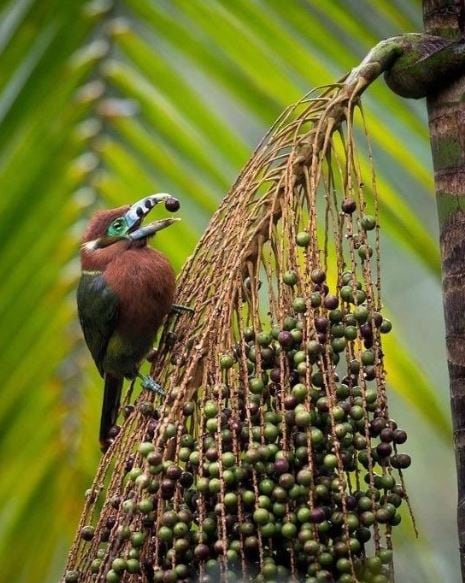
Its products are certified organic, Juçaí is a certified B-Corp company and it is also part of the Mata Atlantica Market Program that aims to identify, qualify and promote sustainable products, services, and businesses in the Atlantic forest.
Braile is also the owner of a 60-hectare swathe of rainforest that he donated to the government in order to ensure its protection.
“It is now classified as a private natural biological reserve (RPPN),” said Braile. “The land still belongs to me but the restrictions are the same as for any national park. The only work permitted is for tourism or scientific studies, and nobody can ever change that. It will always be preserved and no-one can cut down any trees, even if the land is sold.”
Juçara berries are popular among not only Brazil’s health-conscious millennials but also the native wildlife of the Atlantic rainforest, and Juçaí’s reforestation program has led to a visible increase in birds including toucans, monkeys, and wild boars, said Braile.
Harvesters of the berry are instructed to leave one third of the fruit on the tree for the animals.
Spreading the seeds
Another benefit of pressing the juçara berries to get the juice is that it removes most of the pulp, leaving the seeds.
“This increases the germination power of the seeds. If the fruit falls from the palm, it germinates twenty percent of the time but after we take off the pulp, it germinates 95% of the time.
“We distribute these seeds with high germination power to farmers, environmental agencies, NGOs, anyone who wants them.”
“It is still an endangered species,” said Braile. “But I think that in maybe one more decade we will really be in a different situation because we will have people harvesting in many states.”
After planting, the palms begin producing fruit after seven years.

